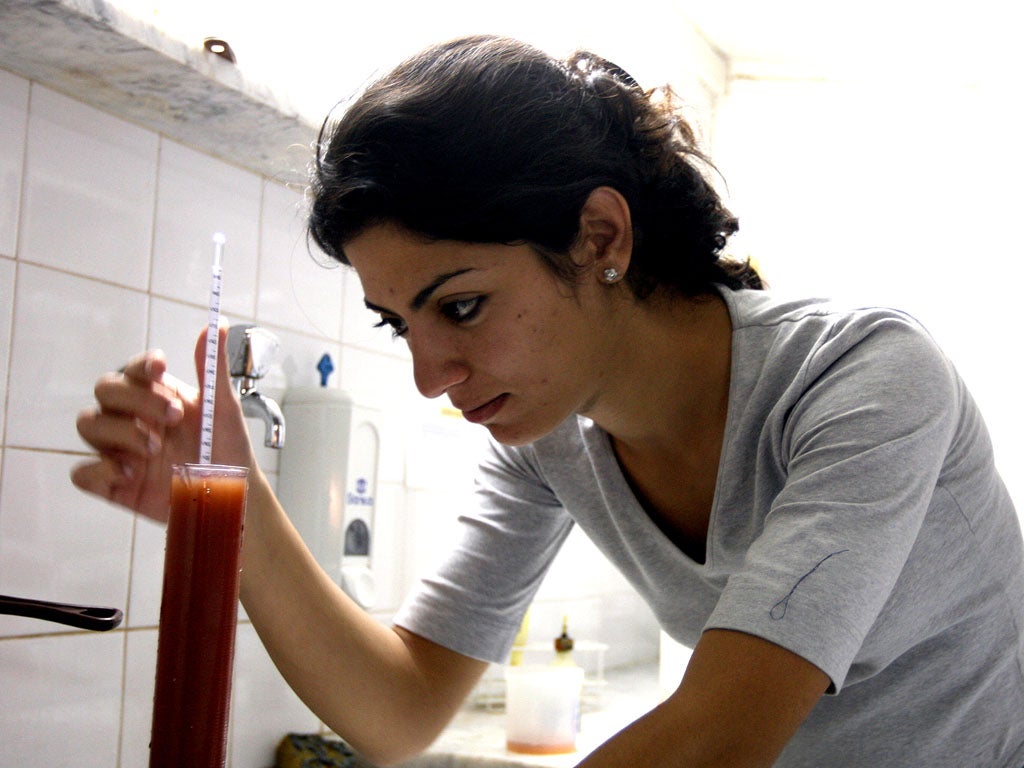Study shows science professors biased against females
A new Yale University study shows that science professors at American universities widely regard female students as less competent than male - and female professors were just as biased against women as their male colleagues.

Your support helps us to tell the story
From reproductive rights to climate change to Big Tech, The Independent is on the ground when the story is developing. Whether it's investigating the financials of Elon Musk's pro-Trump PAC or producing our latest documentary, 'The A Word', which shines a light on the American women fighting for reproductive rights, we know how important it is to parse out the facts from the messaging.
At such a critical moment in US history, we need reporters on the ground. Your donation allows us to keep sending journalists to speak to both sides of the story.
The Independent is trusted by Americans across the entire political spectrum. And unlike many other quality news outlets, we choose not to lock Americans out of our reporting and analysis with paywalls. We believe quality journalism should be available to everyone, paid for by those who can afford it.
Your support makes all the difference.A new Yale University study shows that bias against women persists in the sciences — in this case, at the university level, where science professors of both sexes were found to rate males as “significantly more competent and hireable” than equally qualified female applicants.
The study was conducted by Yale University researchers and published online by Proceedings of the National Academy of Sciences.
According to an abstract of the study, faculty members who participated not only rated male applicants higher but also offered them more career mentoring opportunities and offered a higher starting salary.
“Female and male faculty were equally likely to exhibit bias against the female student,” the abstract says.
The study found that “preexisting subtle bias against women” played a role in the finding. The results, it says, “suggest that interventions addressing faculty gender bias might advance the goal of increasing the participation of women in science.”
Here are some other facts about women in STEM, according to sources including the American Association for Women in Science and the U.S. Department of Commerce:
* Women receive fewer scholarly awards than would be expected based on the proportion of PhDs and full professors in scientific fields.
* Women fill close to half of all jobs in the U.S. economy but have less than 25 percent of STEM jobs.
* Women hold a disproportionately low share of STEM undergraduate degrees, particularly in engineering.
* Fifty seven percent of female STEM majors study physical and life sciences, while fewer than one-third (31 percent) of men choose these fields.
* Women with a STEM degree are less likely than their male counterparts to work in a STEM occupation; they are more likely to work in education or healthcare.
A version of this article was originally found in The Washington Post
Join our commenting forum
Join thought-provoking conversations, follow other Independent readers and see their replies
Comments